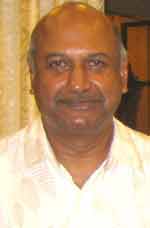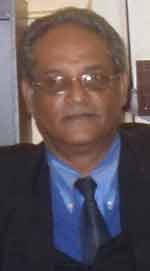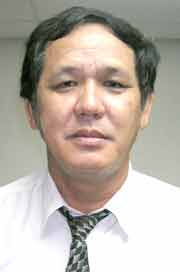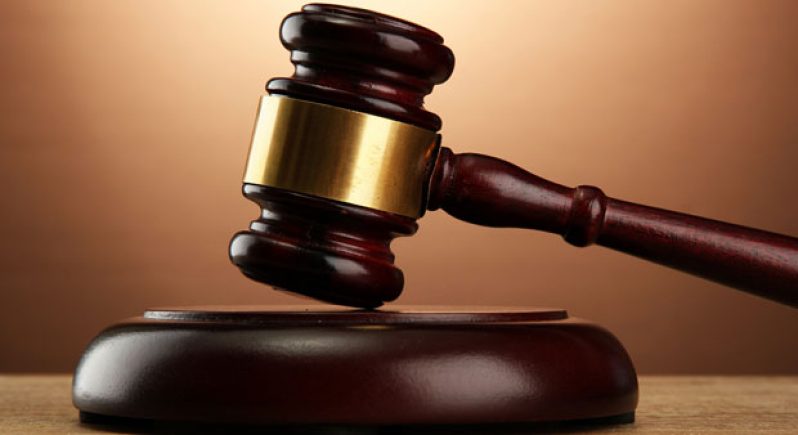JUSTICE William Ramlal, having filed a Constitutional Motion asking for exemption from paying income tax, is contending that his denial of the exemption from income tax, enjoyed by the Acting Chancellor and the Acting Chief Justice, is unconstitutional.
Contacted yesterday, the Acting Chief Justice, Ian Chang, did not say whether or not he had recused himself from hearing the Motion, but suggested that the applicant would have to consult the Judicial Service Commission.

The CJ said a special Commission might have to be appointed to look into the matter.

In his Motion, Justice Ramlal is seeking five declarations and an order for constitutional compensation and/or damages and/or a refund of income tax, together with interest thereon, by reason of the contravention of Article 149D of the Constitution in relation to the applicant.
In his Affidavit in support of the Motion, Justice Ramlal said that a meeting of the Judges of the Supreme Court of Judicature and the Executive President of the Cooperative Republic of Guyana had taken place on/or about the latter half of 2003, when representations were made concerning the granting of exemption from income tax on the incomes of Judges.
The representations were not successful, save that the existing income tax law was amended by the legislature by Act No. 7 of 2004 to allow the Chancellor and the Chief Justice exemption from income tax in accordance with Section 13(a) of the Income Tax Act.
Apart from the Chancellor and the Chief Justice, judges are not entitled to exemption from income tax.

Justice Ramlal prayed that, in accordance with Article 153 of the Constitution and all other powers vested in the High Court in that behalf, “I will be granted the relief sought in the Notice of Motion herein on the grounds and for the reasons set out herein”.
By George Barclay



.jpg)









